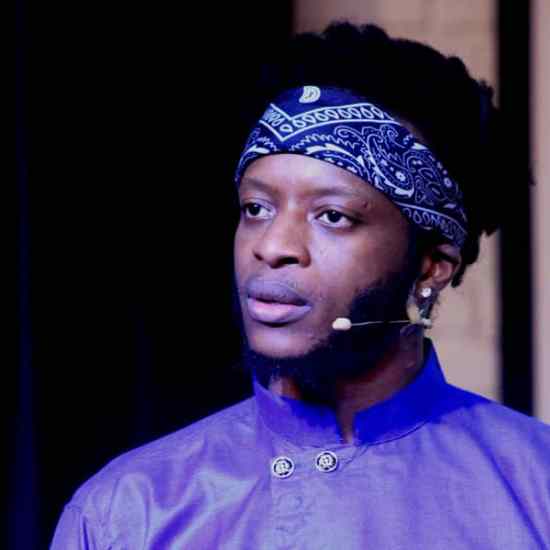
There is one thing, more than any other, which I believe will help African countries become major players on the global stage. That one thing is the transformation of African societies from consumerism to production.
By Albert Gumbo
Africa must harness her traditional knowledge in herbal medicines, patent it, slap a label on it and become the cutting edge of medicine. Enough has been said about beneficiation, all that remains for African leaders to do is to invest capital in manufacturing rather than arms of war. Is there any reason why African countries should be consumers, and not producers, of the kind of technology that gives us mobile phones, laptops, television sets and other modern creature comforts? African leaders must provide the charisma and enabling environment that will allow our people to gain the impetus to want to produce rather than consume. It is something that can be done consciously and deliberately.
As I write this, India is running a savvy “Make In India” campaign on international media channels. They will make mistakes, there will be policy changes to be made and India’s infamous bureaucracy will be tested, criticised and amended but in a few decades India will be a bigger powerhouse than she is today simply because their politicians have the vision and political will to pursue the “Make In India” dream. In much the same way that we touted “the year of the people’s storm” in the final year of the armed struggle, we must find new compelling arguments to place before the Zimbabwean people for a fresh start and impetus to reclaiming a place of honour among the nations of the world. We dare not fail.
All this requires that we begin to see politics as an honourable career in which one is proud to serve the nation in whatever capacity. We will be remiss if we “leave” politics to the “politicians” as though both words were epithets fit for people of dishonourable intentions. It is time to reverse that pointing finger and raise it to the sky for all to see, that we are ready to serve our people, build a new nation and lay a solid foundation upon which others can forge a new identity and build a new Africa. The new nation(s) will have responsible leaders who are accountable to the people and, in cases where they decline to do so, who will be held accountable by an activist population supporting strong institutions designed to ensure the checks and balances to power in a new society. I believe that when we invest in these intangibles, we will begin to see positive tangible results in our societies. We can and are going to be the authors of our own renaissance.
The words of Albert Camus are relevant in closing, “we have not overcome our condition, and yet we know it better. We know that we live in contradiction, but we also know that we must refuse this contradiction and do what is needed to reduce it. Our task is to find the few principles that will calm this infinite anguish of free souls. We must mend what has been torn apart, make justice imaginable again in a world so obviously unjust, give happiness a meaning once more to peoples poisoned by the misery of the century. Naturally, it is a superhuman task. But superhuman is the term for tasks (we) take a long time to accomplish that’s all.”








